
There’s a science behind having a good conversation.
And the good news is it can be used in any situation: professional networking events, business meetings, social events—even meeting your in-laws for the first time. The science is the same.
https://www.youtube.com/watch?v=PMmnPpjtU7c?rel=0
Step #1: Intention
The best conversationalists always set the intention for the conversation before they start. So, on your way to an event ask yourself, “What do I want to get out of this event or my interaction with this person?” It could be new business, getting to know someone or even just having a good time. Just setting that intention ahead of time helps you guide your conversation.
Step #2: Approach
When you think about conversation, you usually think about the first line. But research shows your first impression happens before the conversation starts—when you first see someone. The best conversationalists start their conversation on the approach. Think about your body language. You want your hands to be visible and your shoulders down and back. And you want to smile. When you smile at someone, it warms them up. Your smile is your opening line.
Step #3: Opener
There was an extensive research experiment that looked at almost every conversation starter possible—and there was one that far outweighed the rest. It sounds so simple, “Hello. How are you? “If you think about it, you really don’t want to say anything too intense when you first start. So, you start with the smile and say, “Hey. How are you.” It’s just a nice, natural start.
Step #4: Sparks
After the opener, the best conversationalists look for conversation sparks. This is the difference between a dazzling conversation and a “meh” conversation. You want to be curious. Across cultures, across genders and across races, the universal non-verbal curiosity cue is the eyebrow raise. Anytime anyone says something interesting, we raise our eyebrows. So, you are looking for topics, conversations and stories that cause the other person to raise their eyebrows.
Look for mutual likes. Do you like the same kinds of restaurants, vacations or sports? When someone responds with an eyebrow raise, you know you’ve hit a spark. Then you can go down that rabbit hole in the conversation.
Step #5: Exits
We often don’t think about how to end a conversation, but actually your last impression is just as important as your first impression. So, if you want to end a conversation, try the future-mention. You might ask what the other person is doing next weekend or later today. The future-mention subtly shifts our focus from the present to the future. Once they share their plans, it’s your cue to end the conversation by saying, “It was great speaking with you today and I wish you the best on (whatever they are doing that weekend).”
Want to hear more? Watch the full video to see Vanessa’s advice on:
- How your body language signals whether you are approachable at a party
- What checking your cell phone communicates in a social situation
- Where the best place is to stand at a networking event
This video originally appeared on Vanessa Van Edwards’ YouTube Channel.





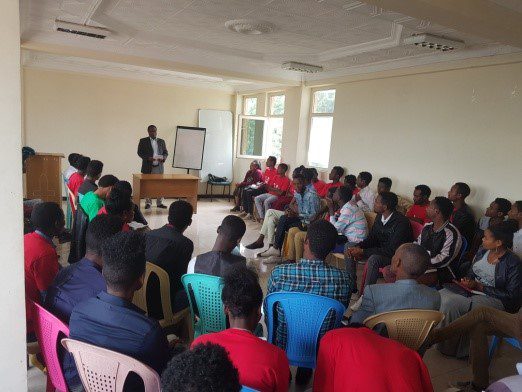
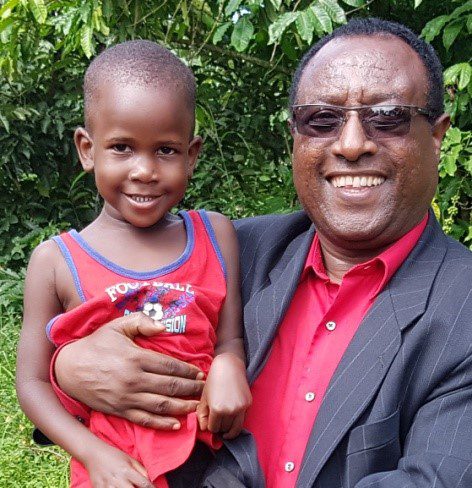 Dr. Gezahegn Asmamaw of Ethiopia has been leading ministry for more than 32 years both in the church and non-profit ministry. As president of
Dr. Gezahegn Asmamaw of Ethiopia has been leading ministry for more than 32 years both in the church and non-profit ministry. As president of 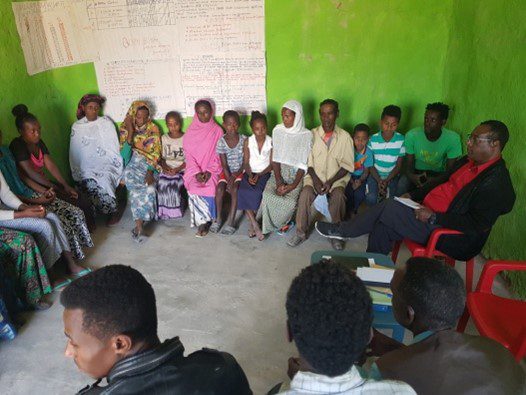

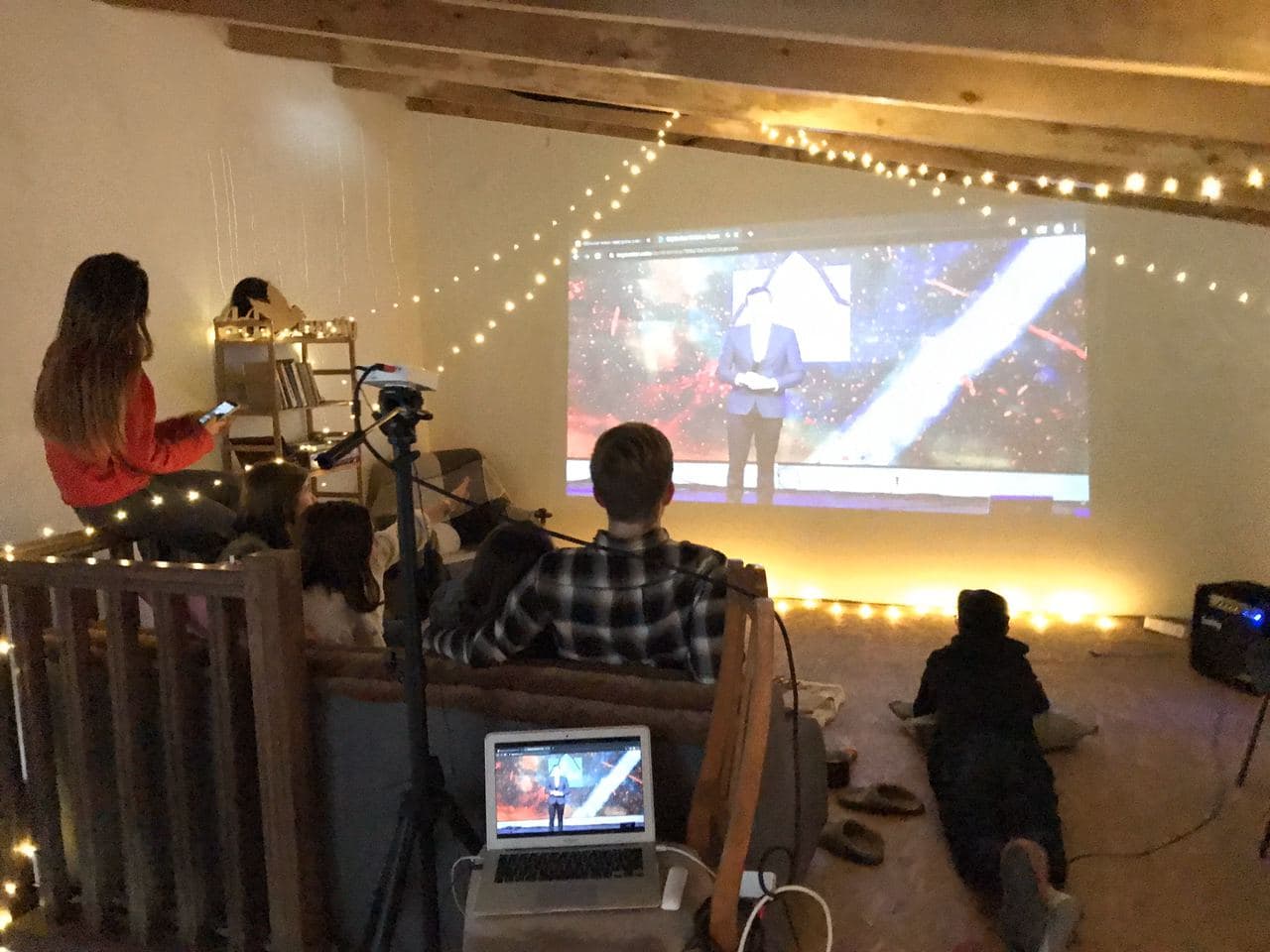
 Last year, the heads of our departments were present in person at the event in Kyiv. In 2020 we joined the event online. This format has come in handy not only because of the quarantine restrictions but also because of its accessibility since not only senior leaders but also their assistants and even new staff were able to participate in the event. The GLS always offers top-level leadership content, but this year there was some new depth in each speech. The speakers invited for live participation in Kyiv proved to be very relevant and interesting as they provided information and assessments based on our national reality. This significantly increases the added value of the Summit in Ukraine. I am grateful to the organizers for helping us to be in the context of current world trends, and not to fall behind on the periphery!
Last year, the heads of our departments were present in person at the event in Kyiv. In 2020 we joined the event online. This format has come in handy not only because of the quarantine restrictions but also because of its accessibility since not only senior leaders but also their assistants and even new staff were able to participate in the event. The GLS always offers top-level leadership content, but this year there was some new depth in each speech. The speakers invited for live participation in Kyiv proved to be very relevant and interesting as they provided information and assessments based on our national reality. This significantly increases the added value of the Summit in Ukraine. I am grateful to the organizers for helping us to be in the context of current world trends, and not to fall behind on the periphery! The GLS is without exaggeration one of the key events in our country, which equips Christian leaders in various fields. I look forward to it every year. The Summit combines a variety of fresh ideas on politics, business and the spiritual sphere. This year’s speakers touched on a number of important issues related to personal development: from motivation, to working with the teams, from modern forms of communication to time management. Many thanks to the organizers of the event for a wonderful and efficient time!
The GLS is without exaggeration one of the key events in our country, which equips Christian leaders in various fields. I look forward to it every year. The Summit combines a variety of fresh ideas on politics, business and the spiritual sphere. This year’s speakers touched on a number of important issues related to personal development: from motivation, to working with the teams, from modern forms of communication to time management. Many thanks to the organizers of the event for a wonderful and efficient time!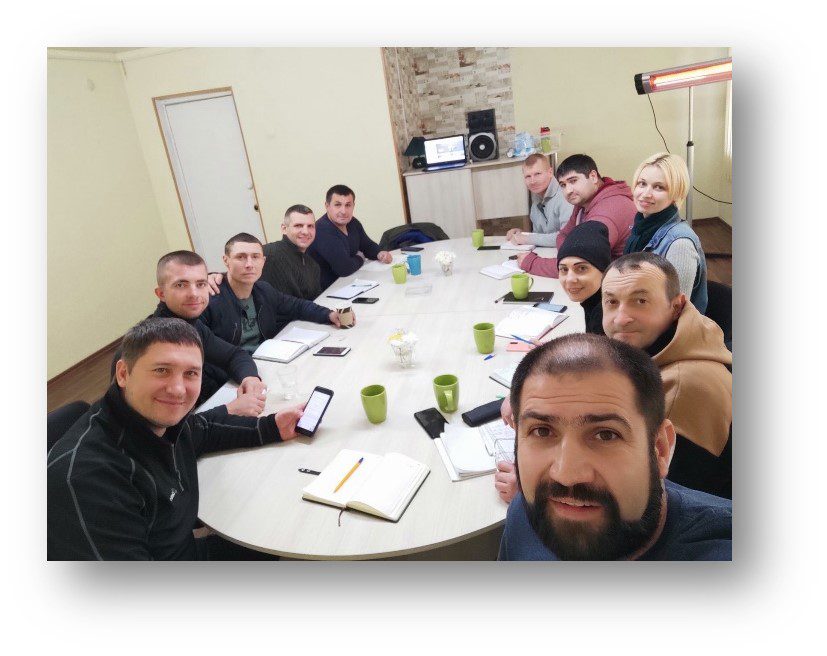 I am deeply grateful to the organizers for the tremendous work done by the GLS team in Ukraine. This is a great platform, which helps to equip 21st-century leaders. This year I participated in the event online. I especially liked Craig Groeschel’s message. It is wonderful that the Summit is constantly updated and provides answers to leadership questions in various fields. The world is changing and so is the style of leadership. The GLS helps the leaders’ heart to beat in unison with God’s providence and remain effective in their work.
I am deeply grateful to the organizers for the tremendous work done by the GLS team in Ukraine. This is a great platform, which helps to equip 21st-century leaders. This year I participated in the event online. I especially liked Craig Groeschel’s message. It is wonderful that the Summit is constantly updated and provides answers to leadership questions in various fields. The world is changing and so is the style of leadership. The GLS helps the leaders’ heart to beat in unison with God’s providence and remain effective in their work.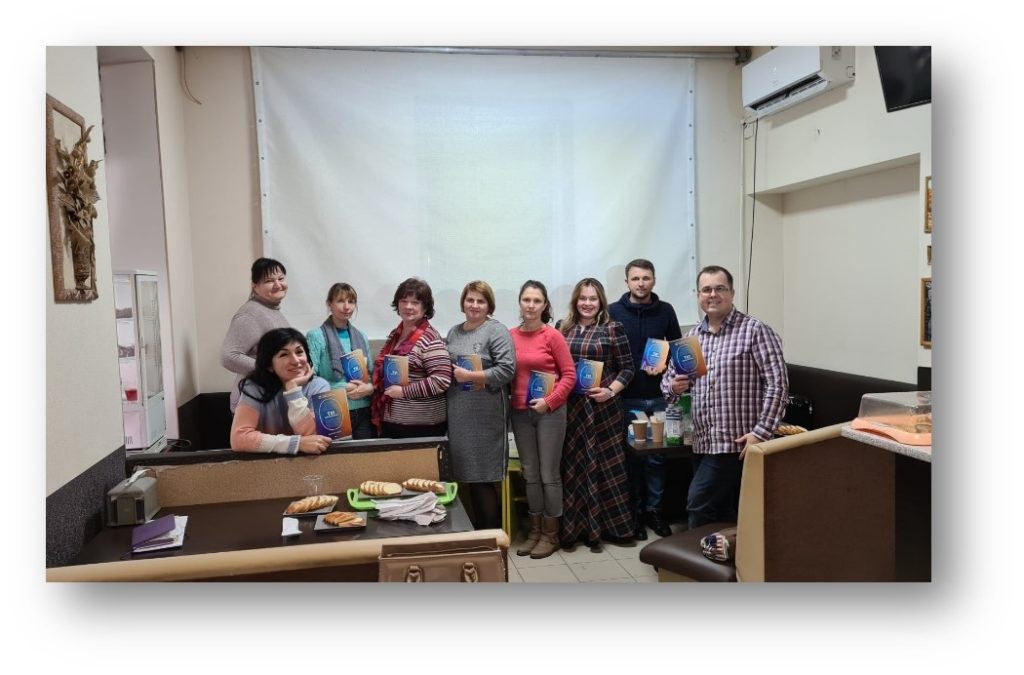
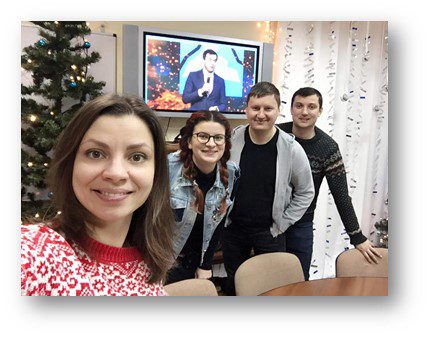 Thank you and your entire team for organizing Summit online. Our leadership team, pastors,and ministers were blessed with the event, and expect changes and results in our church, city and to the ends of the earth… It was a wonderful time that gave us encouragement and inspiration. We are already reviewing what we learned—the amount of information requires additional time for processing and understanding. We believe it brings good fruit for the Kingdom of God!
Thank you and your entire team for organizing Summit online. Our leadership team, pastors,and ministers were blessed with the event, and expect changes and results in our church, city and to the ends of the earth… It was a wonderful time that gave us encouragement and inspiration. We are already reviewing what we learned—the amount of information requires additional time for processing and understanding. We believe it brings good fruit for the Kingdom of God!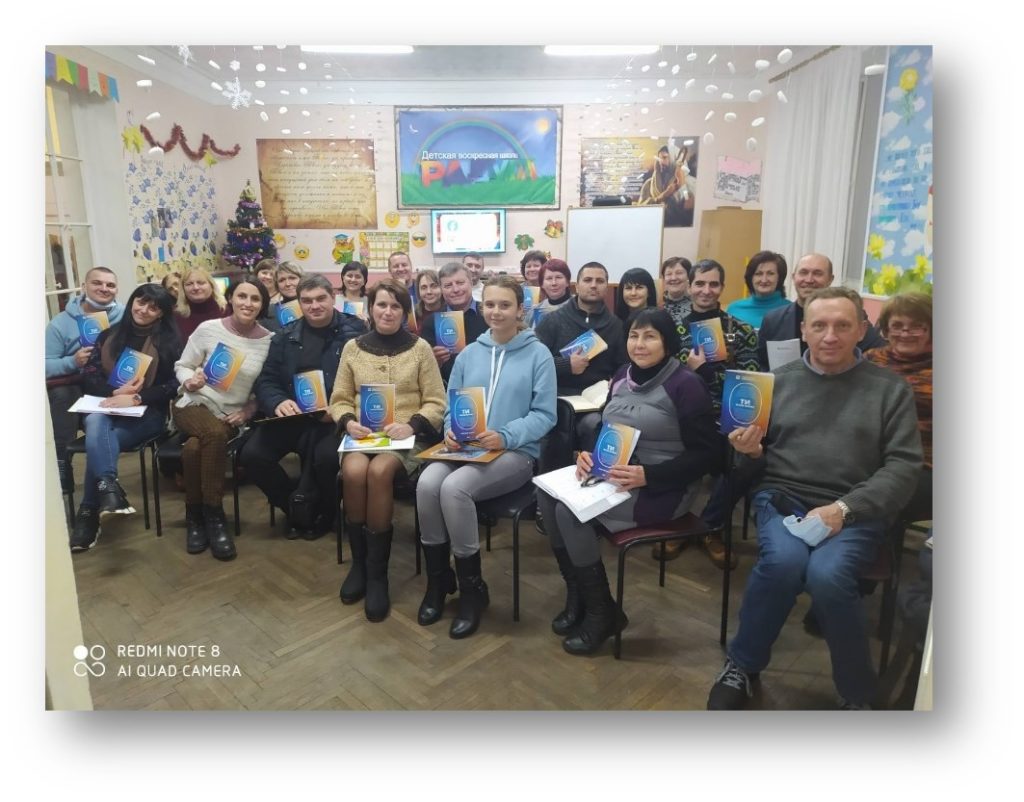
 For me, as a minister, it was a great inspiration. In times of crisis, one needs to stop to rethink one’s leadership, and shouldn’t be afraid to go down in order to rise with new strength. Times change and modern leaders need to change in order to meet the challenges of the times and continue their mission to establish the Kingdom of God on earth, and most importantly, remember their identity in communion with God.
For me, as a minister, it was a great inspiration. In times of crisis, one needs to stop to rethink one’s leadership, and shouldn’t be afraid to go down in order to rise with new strength. Times change and modern leaders need to change in order to meet the challenges of the times and continue their mission to establish the Kingdom of God on earth, and most importantly, remember their identity in communion with God.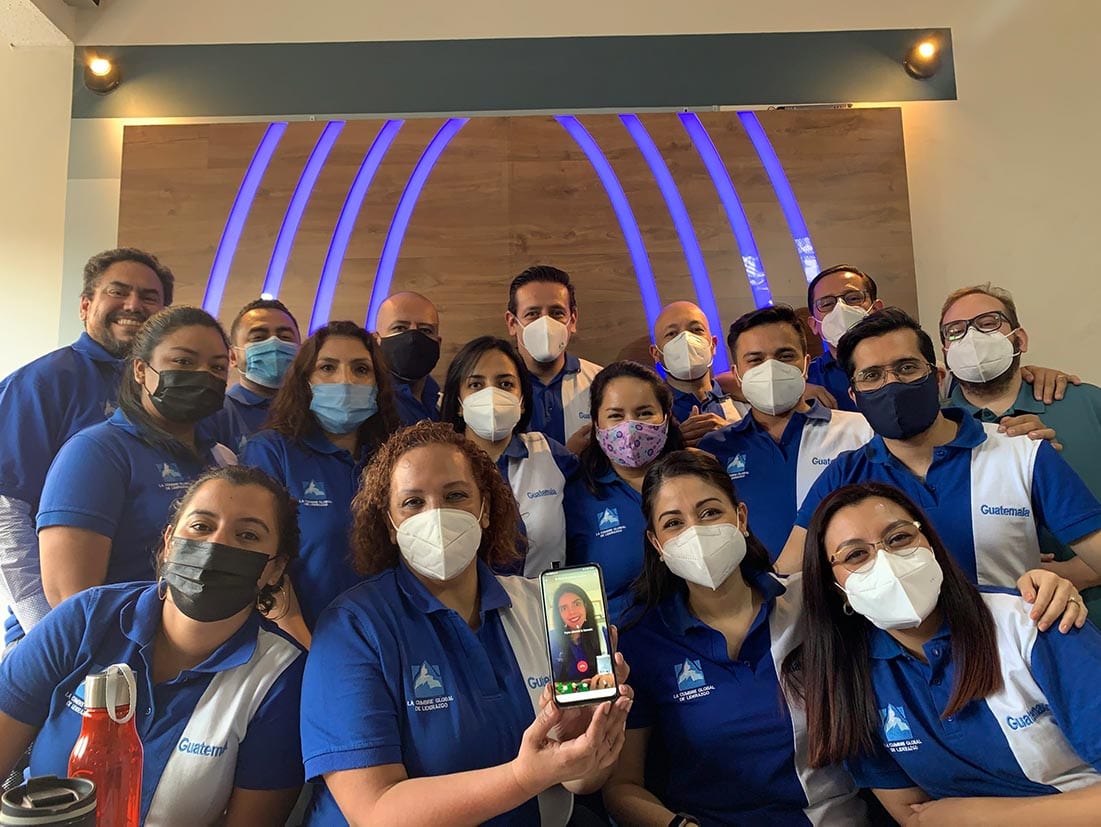
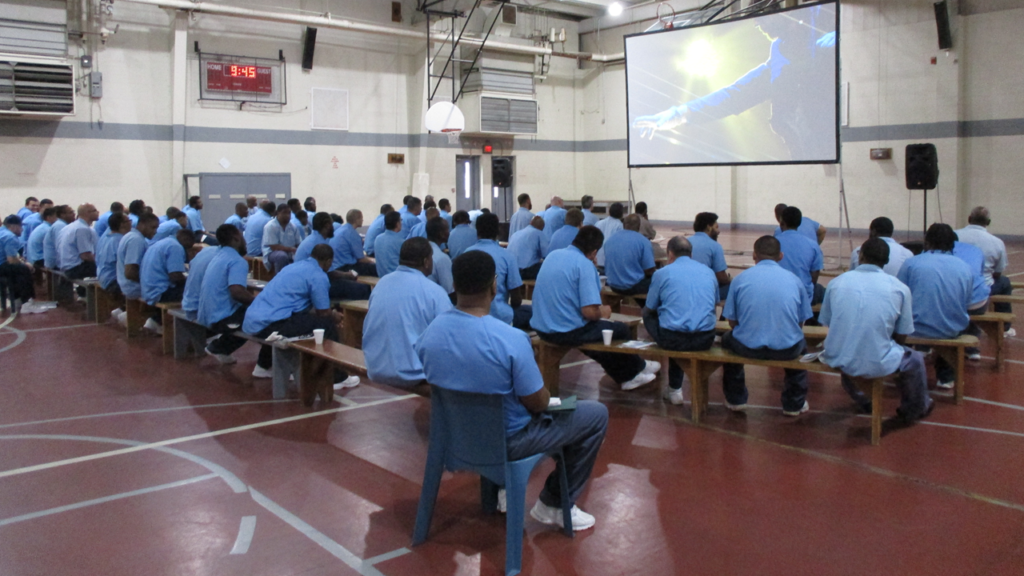
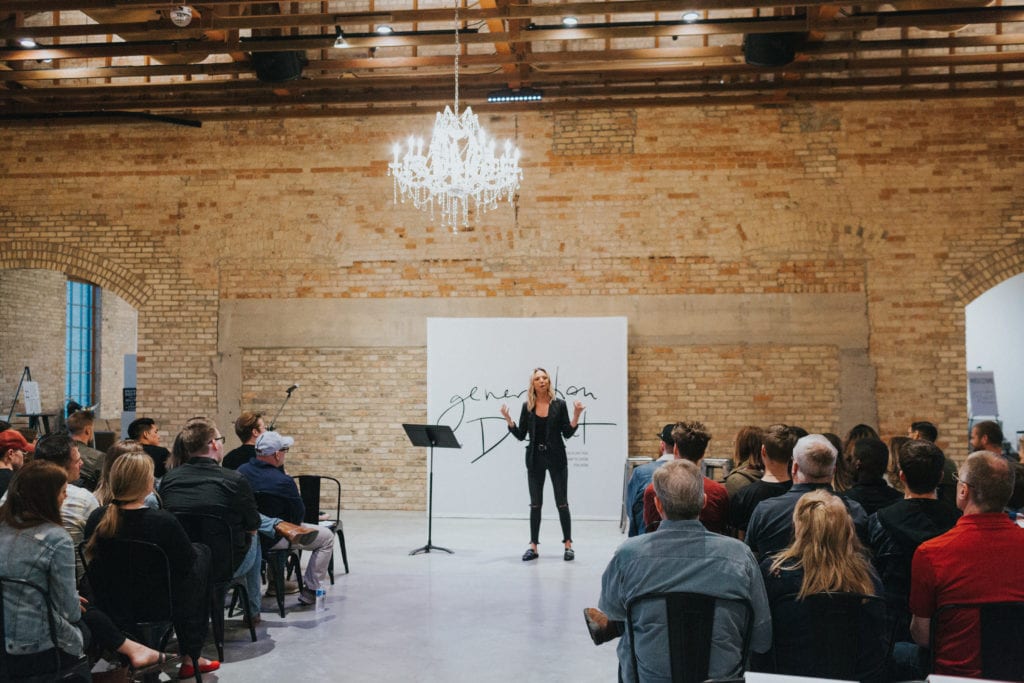
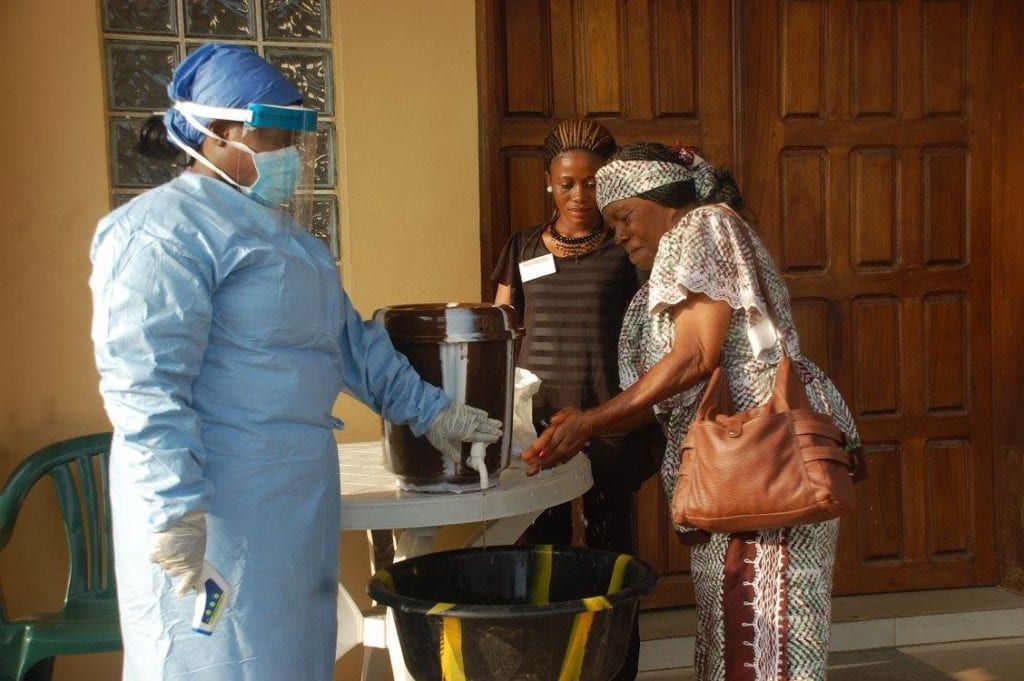





Recent Comments